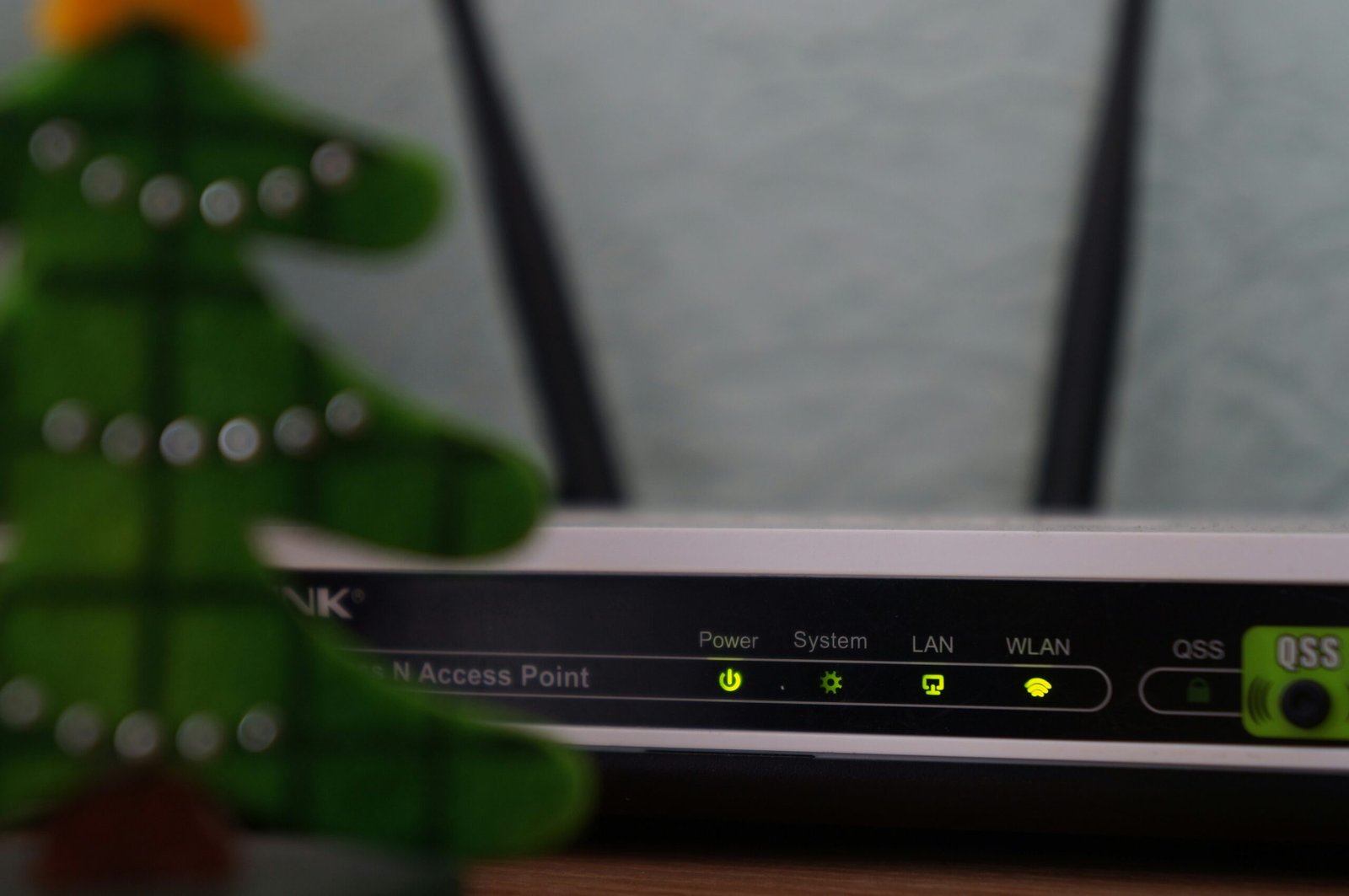When selecting the ideal WiFi router for your home, the first step is to thoroughly understand your specific WiFi needs. The size and layout of your home play a crucial role in determining the strength and coverage of your WiFi signal. For instance, larger homes with multiple floors may require a more powerful router or even a mesh network system to ensure consistent coverage throughout. Conversely, smaller apartments might achieve sufficient coverage with a single, standard router.
Next, consider the number of devices that will be connected to your network. Homes today are often equipped with a multitude of devices, including smartphones, tablets, smart home appliances, and personal computers. Each additional device increases the demand on your network, potentially leading to congestion and slower speeds if your router cannot handle the load. Ensuring your router can manage multiple connections simultaneously is essential for maintaining a smooth and efficient network.
Different online activities also demand varying levels of bandwidth and performance. Streaming high-definition videos, online gaming, and working from home with video conferencing all require substantial bandwidth and a stable connection. A router with higher throughput and advanced Quality of Service (QoS) features can prioritize bandwidth for these activities, ensuring a seamless experience without buffering or lag.
Lastly, be mindful of potential sources of interference within your home. Thick walls, floors, and other electronic devices can significantly impact your WiFi performance. Materials like concrete or metal can obstruct signals, leading to weak or dead zones in certain areas. Identifying and mitigating these interference sources, perhaps by strategically placing your router or using range extenders, can dramatically improve your network’s reliability and coverage.
By carefully assessing these factors—your home’s size and layout, the number of connected devices, the types of activities performed, and potential interference sources—you can make an informed decision when choosing the best WiFi router to meet your home’s specific needs.
Key Features to Look for in a WiFi Router
When selecting a WiFi router for your home, several crucial features must be considered to ensure optimal performance and usability. One of the most critical aspects is the WiFi standard it supports. WiFi 5 (802.11ac) and WiFi 6 (802.11ax) are the prevalent standards, with WiFi 6 offering significant improvements in speed, capacity, and efficiency. WiFi 6 is particularly advantageous for households with numerous connected devices, as it can handle more simultaneous connections without compromising performance.
Another vital feature is the router’s frequency bands. Dual-band routers operate on both the 2.4 GHz and 5 GHz bands, providing flexibility in managing network traffic. Tri-band routers add an additional 5 GHz band, further reducing congestion and enhancing performance, especially in environments with many devices. This is crucial for preventing slowdowns during peak usage times.
Security is paramount in any home network, making advanced security features like WPA3 encryption and built-in firewall protection essential. WPA3 offers stronger password protection and more robust encryption, safeguarding your network from unauthorized access. Additionally, built-in firewalls provide an extra layer of defense against potential cyber threats.
Quality of Service (QoS) settings are also beneficial, allowing users to prioritize traffic for specific applications. This ensures that critical activities, such as video streaming, online gaming, or video conferencing, receive the necessary bandwidth for smooth performance. QoS settings are particularly useful in households with multiple users and diverse internet usage needs.
Ease of use is another important consideration. Routers with user-friendly interfaces and support for mobile apps simplify the setup and management process. This feature is especially useful for users who may not be technically inclined, allowing them to manage their network efficiently.
Finally, for larger homes or properties with challenging layouts, mesh WiFi systems offer substantial benefits. These systems use multiple nodes to extend coverage, eliminating dead zones and providing consistent, reliable connectivity throughout the entire home. Mesh systems are ideal for maintaining strong signals in every corner of your living space.
My Product Recommendation
Now high-speed communication most essential part of our lives I would recommend D-Link DIR-825 fit for the Main router as well as the extender router. You can use TP-Link | AC1200 WiFi Range Extender if you have space constraints.

